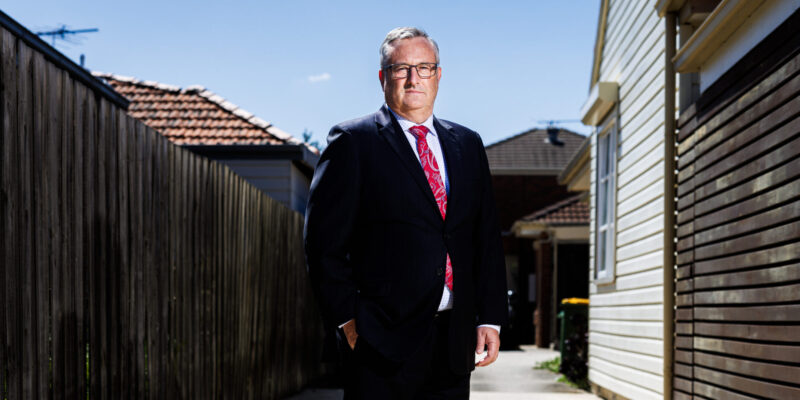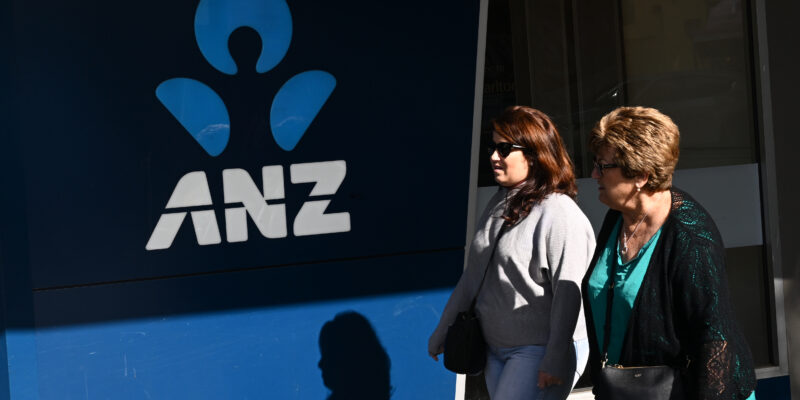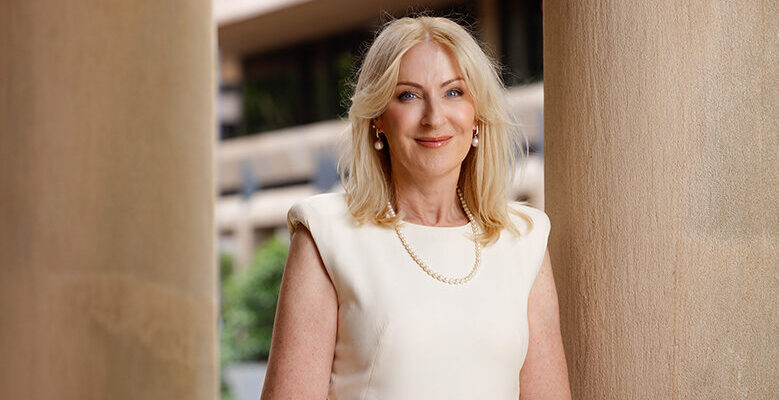Conveyancers must lead real estate agents when it comes to ethics
As a new survey paints a picture of mistrust in the property industry, practitioners are reminded by consumer watchdogs of the need for accuracy and transparency when it comes to trust accounts.

CONVEYANCERS must lead the property industry when it comes to compliance and integrity.
Practitioners have been reminded of their legal and fiduciary role after disciplinary cases against Victorian and NSW real estate agents accused of poor management of trust accounts.
The warning comes as a new survey by the Governance Institute ranked real estate agents as one of the least trusted professions.
It begs the question of whether conveyancers are being unfairly compared to real estate agents.
Both Consumer Affairs Victoria (CAV) and NSW Fair Trading recently issued warnings to the property sector and highlighted disciplinary action related to trust accounts.
“Poor management of trust accounts in the real estate industry is under the spotlight,” CAV said this month.
“Estate agencies and conveyancers are legally required to audit their trust accounts every financial year.
“Failing to lodge an audit report can be a sign of potential deeper problems within the business.”
In its latest newsletter in September, NSW Fair Trading highlighted disciplinary action against 11 businesses “breaching their obligations to have trust account records audited,” with fines totalling $96,250.
AIC VIC secretary Tania Gooley noted that disciplinary action was more often taken against real estate agents than conveyancers.
She said: “As a conveyancer for over 35 years, I’ve seen just how committed our profession is to protecting clients’ monies.
“We take trust accounts very seriously. Managing a trust account is part of the conveyancing diploma.
“Practitioners handling trust accounts need to demonstrate the highest standards of accuracy and accountability because we are managing really large sums of money.
“That’s why we remind our members every June and July that they need to organise their auditor.”
AIC NSW Fellow Garth Brown also noted that most action was against real estate agents.
“It is so important for conveyancers to take seriously their obligations to provide trust accounts to an auditor every year,” he said.
“Most conveyancers are so busy working on files during the day, trust account obligations are neglected.
“My best advice is to employ a bookkeeper on a per file basis to provide an updated set of accounts every month and make a monthly computer note that flashes and outlines who will take responsibility. Otherwise you are setting yourself up for a fine.”
The Governance Institute of Australia’s 2025 Ethics Index revealed that real estate agents are at the bottom of a list of 10 mainstream professions.
They lag behind state and local politicians, as well as senior executives – all viewed by the public as more ethical.
That does not come as a surprise to Tim McKibbin, CEO of the Real Estate Institute of NSW, who acknowledged that conveyancers had to at least sit exams.
“We need to increase the competencies of real estate agents,” he said. “I’ve been screaming about this issue for 20 years.”
McKibbin said prior to 2002, people seeking a career in real estate needed a 3-year TAFE course with exams to test their knowledge.
“Now a person can complete the requisite education in as little as three days, and no exams,” he said.
“If the government truly wants a better industry, then it starts with education.
“The difference between no education and what (some training course students) are currently receiving is minimal.
“If you asked a consumer how long it takes to become a real estate agent, the answer varies from two to five years. Some consumers believe it to be a university course.”





